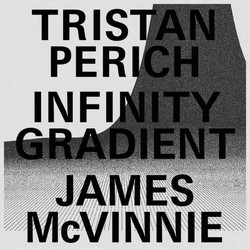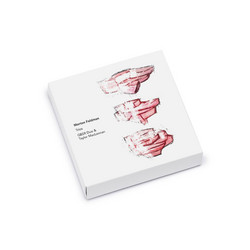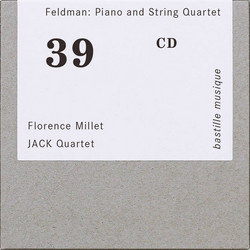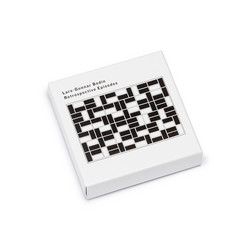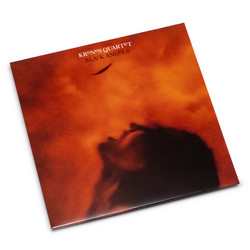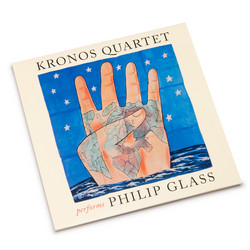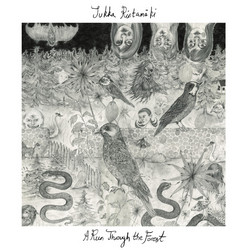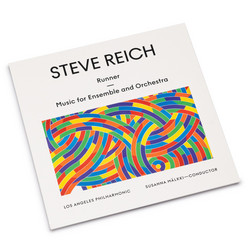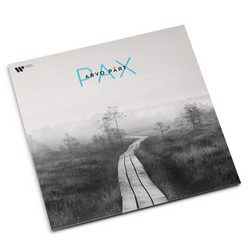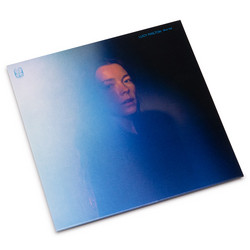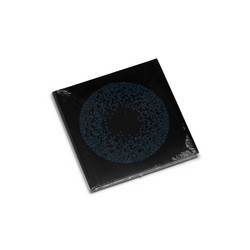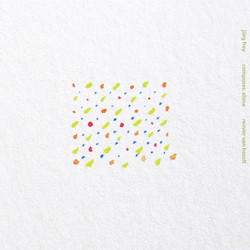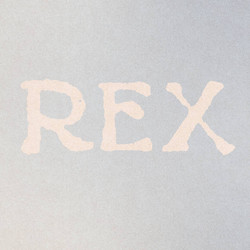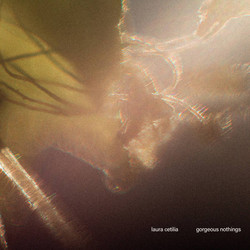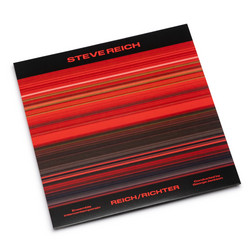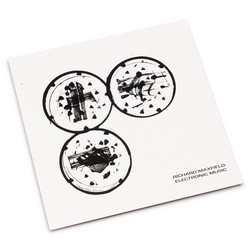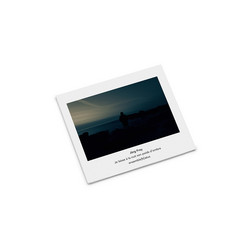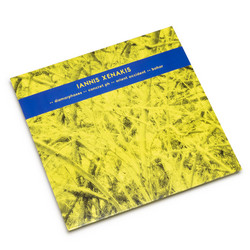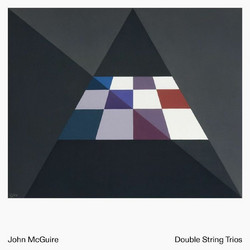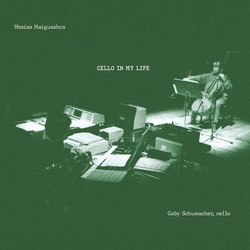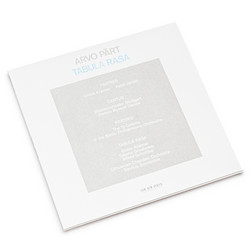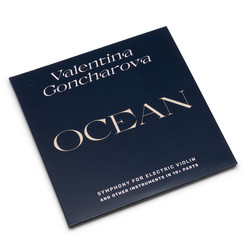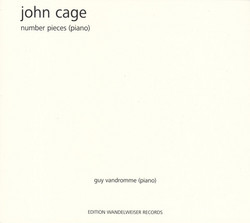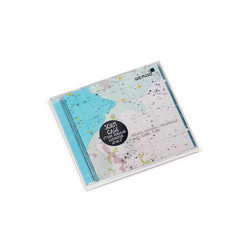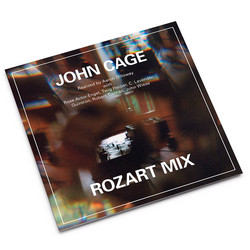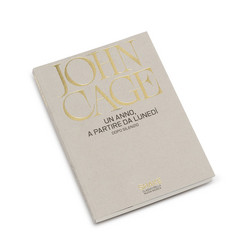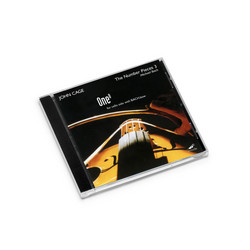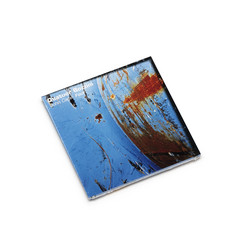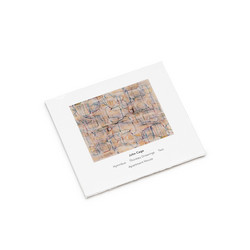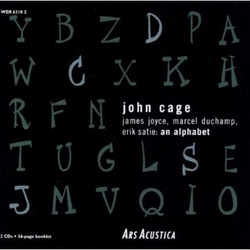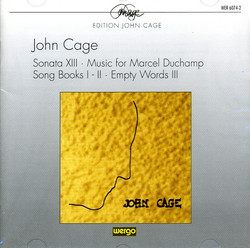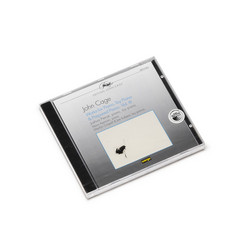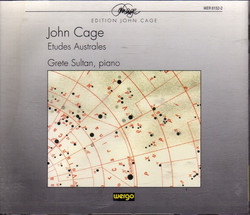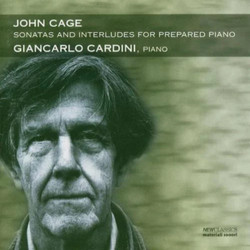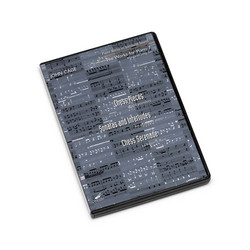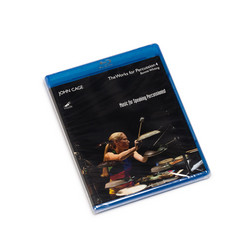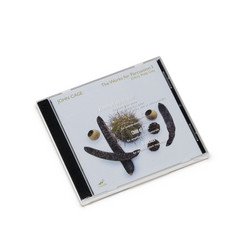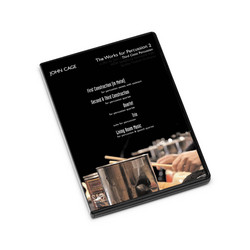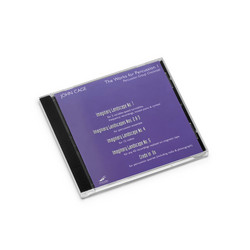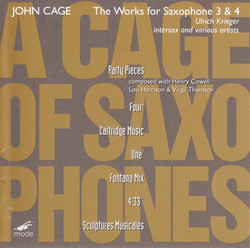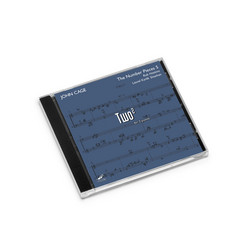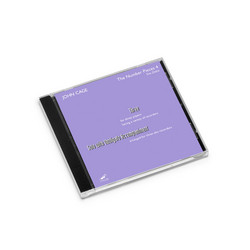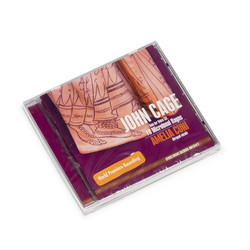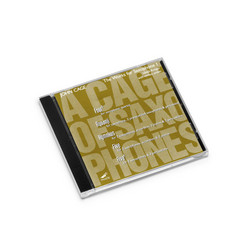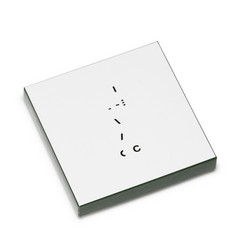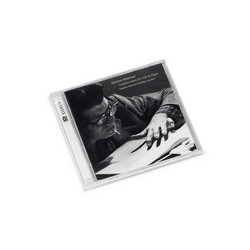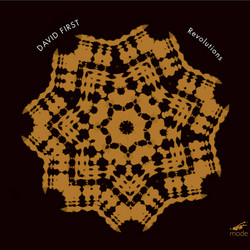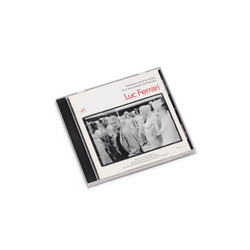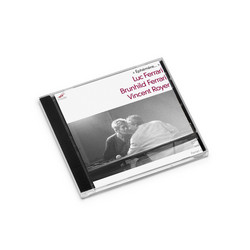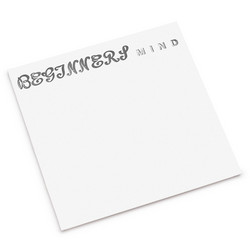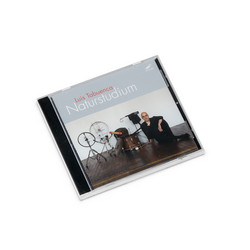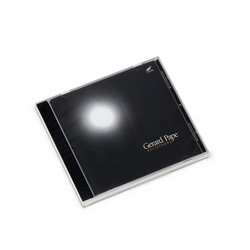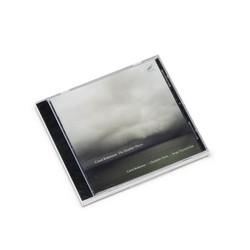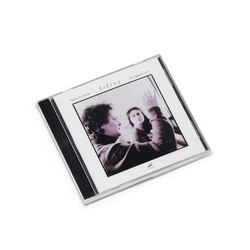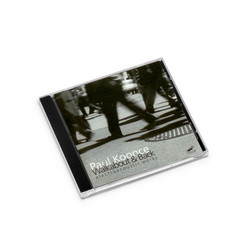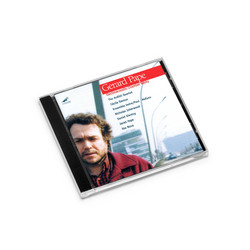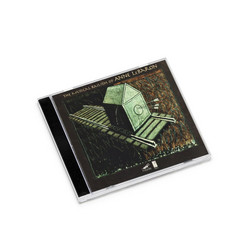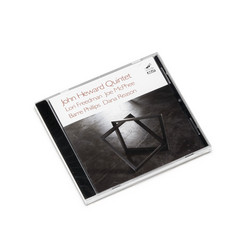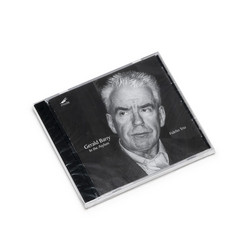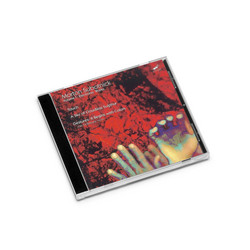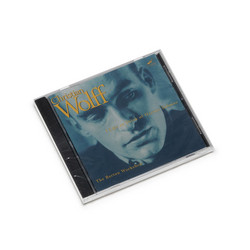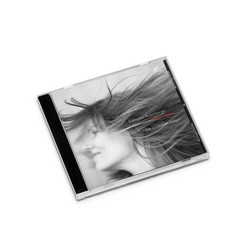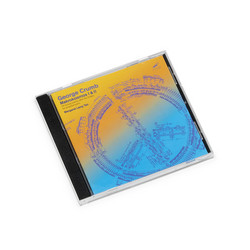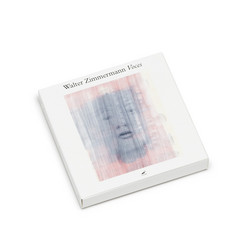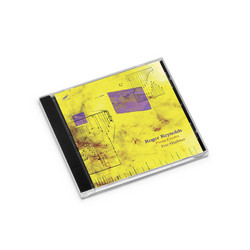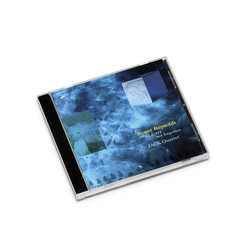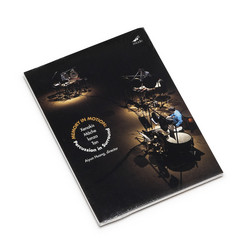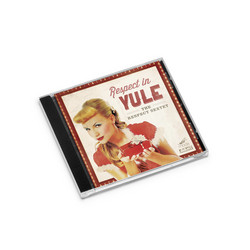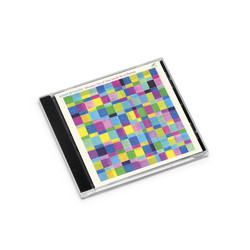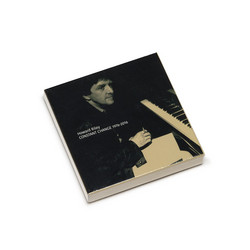John Cage
Atlas Eclipticalis With Winter Music (3CD Box)
Originally released as a 4LP set back in the early days of Mode Records, the first two discs of this 3CD set document the two live performances of John Cage's 1961 orchestral work Atlas Eclipticalis played simultaneously with 1957's Winter Music (in a version for three pianos) recorded at Seattle's Cornish Institute on December 11th 1983. This extraordinary 3-CD collection presents two complete performances of Atlas Eclipticalis performed simultaneously with Winter Music, captured during Cage's celebrated return to the institution where his revolutionary musical journey began. The release marks the first CD appearance of these legendary concerts, originally issued as a 4-LP set on Mode in 1986. The Cornish Institute held profound significance for Cage, serving as the crucible for many of his musical discoveries and innovations during his tenure there in the 1930s, when he taught and performed as accompanist for dance pieces.
The collection offers an unprecedented opportunity to witness Cage interpreting his own compositions. Two complete 80-minute performances from December 11, 1983, showcase the composer conducting The New Performance Group through these intricate works. Atlas Eclipticalis (1961), derived from astronomical star charts, unfolds alongside Winter Music (1957), creating a sonic constellation of chance-determined beauty. The performances have been newly remastered from original analog tapes using cutting-edge 96khz/24-bit technology, revealing previously unheard details in these historic recordings.
The third disc presents a remarkable bonus: the first-ever recording of all 86 instrumental parts of Atlas Eclipticalis, captured under Cage's direct supervision at the "John Cage at Wesleyan Festival" in 1988. This all-star ensemble included luminaries such as the Arditti Quartet, Alvin Lucier, Christian Wolff, and Neely Bruce. Additionally, Winter Music appears here in a unique arrangement for 20 pianos, masterfully directed by acclaimed Cage interpreter Stephen Drury with The Callithumpian Consort. The original liner notes by Cage himself and Matthew Kocmieroski are supplemented with new scholarly essays. Don Gillespie, Cage's long-time colleague and publisher, provides fresh insights into Atlas Eclipticalis, while Stephen Drury offers expert commentary on Winter Music.
This release stands as an indispensable document for anyone seeking to understand the depth and complexity of Cage's revolutionary approach to composition and performance. These recordings capture not just musical performances, but philosophical statements about the nature of sound, chance, and artistic expression. For devotees of experimental music and students of 20th-century composition, John Cage Conducts John Cage represents a rare opportunity to experience these seminal works through the composer's own interpretive lens, a window into one of the most radical musical minds of our time.
While not questioning for a moment Gillespie and Drury's assertion that Atlas was the major Cage work of the 60s (like Concert for Piano and Orchestra was for the 50s and Sonatas and Interludes for the 40s), the Seattle performances are still a tough listen. One wonders whether it is really necessary to sit down and concentrate furiously all the way through, or let the mind wander ("if the mind wanders, let it", as the composer once famously wrote). But even if you choose to spin this while you busy yourself with other more mundane activities such as picking mushrooms or consulting the I Ching, the occasional fortissimo percussion crashes will soon shake you out of Ambient mode. The fuller textures on the 1988 86-part version are more engrossing, though for my money the late orchestral number pieces 103 and 108 are more satisfying. The 20-piano version of Winter Music is much more fun, its multitracked jagged clusters and pointy staccatos getting almost funky. Cage completists who missed out on the earlier LP box set (me!) can rejoice; it's a thrill to see this sitting on my shelves, even if I wonder how many times I'll return to it in the years to come.
--- Dan Warburton, www.paristransatlantic.com/, April 2007
